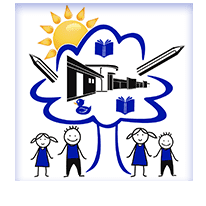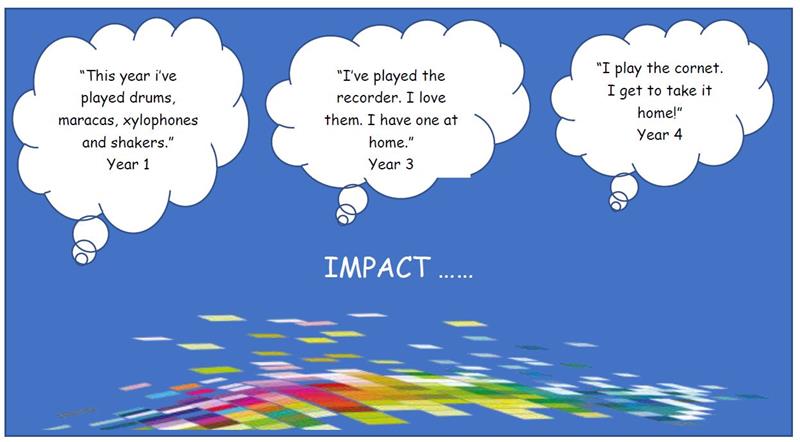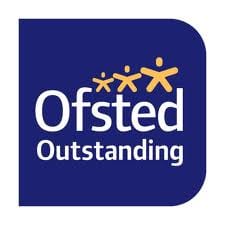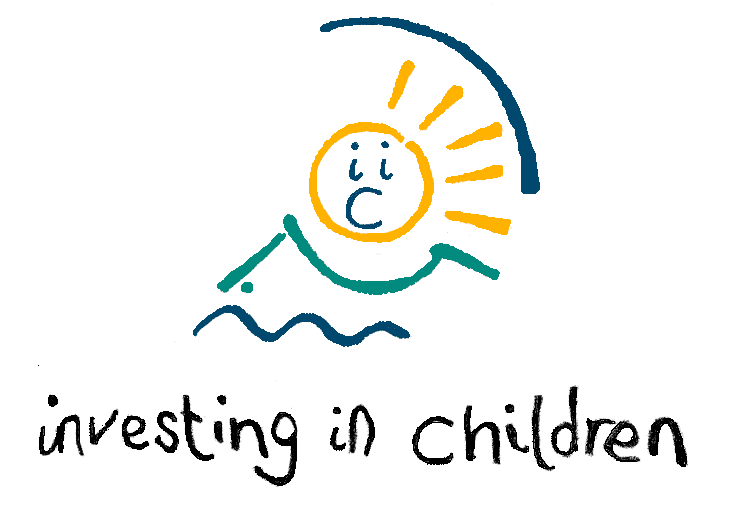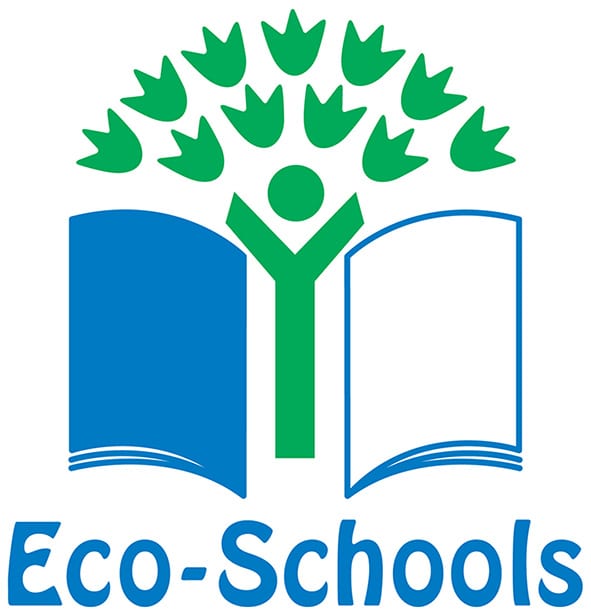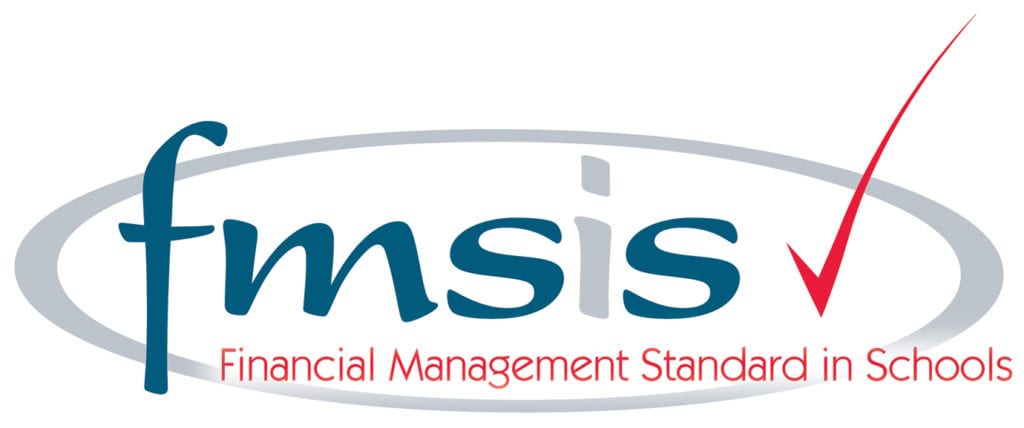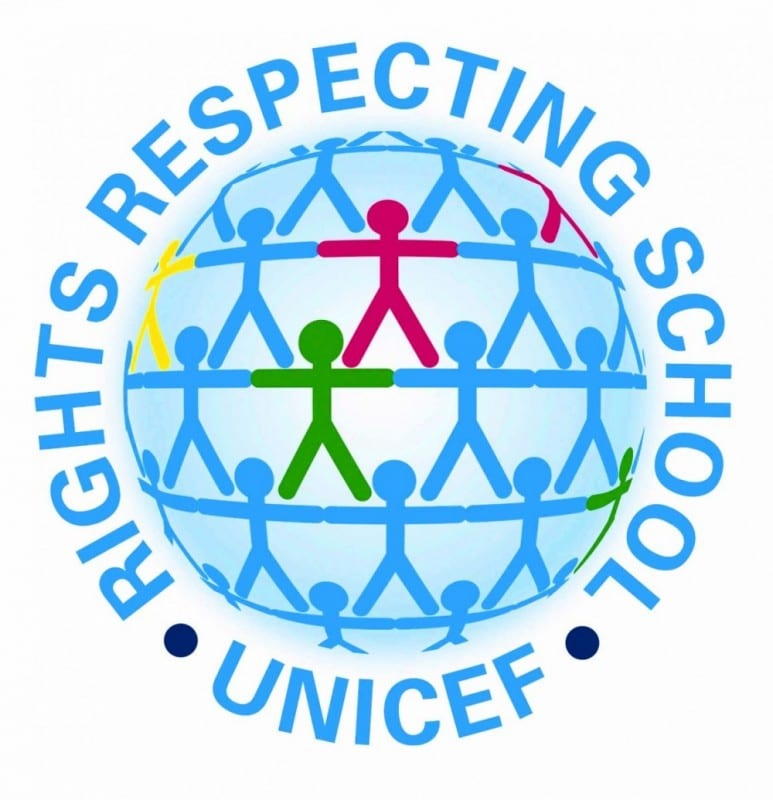Intent
The National Curriculum for music aims to ensure that all children:
- perform, listen to, review and evaluate music
- be taught to sing, create and compose music
- understand and explore how music is created, produced and communicated
At Kirk Merrington children gain a firm understanding of what music is through listening, singing, playing, evaluating, analysing, and composing across a wide variety of historical periods, styles, traditions, and musical genres. We are committed to developing a curiosity for the subject, as well as an understanding and acceptance of the validity and importance of all types of music, and an unbiased respect for the role that music may wish to be expressed in any person’s life. We are committed to ensuring children understand the value and importance of music in the wider community and are able to use their musical skills, knowledge, and experiences to involve themselves in music, in a variety of different contexts.
Implementation
The music curriculum ensures children sing, listen, play, perform and evaluate.
This is embedded in the classroom through the structured music programme Charanga as well as the weekly singing assemblies, various concerts and performances, musical clubs and teaching from specialist music teachers.
Each year group has a specific instrument assigned to them and the school invests in brass lessons so that every child can experience playing a brass instrument during Key Stage 2. Children are then given the opportunity to continue lessons as an enhancement to their music curriculum.
The elements of music are taught in the classroom lessons so that children are able to listen to and appraise songs, take part in musical activities, sing, play instruments, improvise, compose and perform.
Impact
Whilst in school, children have access to a varied programme, which allows them to discover areas of strength, as well as areas they might like to improve upon. The integral nature of music and the learner creates an enormously rich palette from which a child may access fundamental abilities such as: achievement, self-confidence, interaction with and awareness of others, and self-reflection.
Music will also develop an understanding of culture and history, both in relation to children individually, as well as countries and cultures from across the world. By having opportunities to perform and listen to these different types of music, they will learn to evaluate and critique the performances of themselves and others. They will formulate and articulate their own views confidently, as well as listening to and respecting the views of others. While listening and appraising music, children will learn new vocabulary and use this confidently, which they can take with them into their secondary education and beyond.
Children are able to enjoy music in as many ways as they choose – either as listener, creator or performer. They can dissect music and comprehend its parts. They can sing and feel a pulse. They have an understanding of how to further develop skills less known to them, should they ever develop an interest in their lives.
Through musical activities, Christmas and seasonal performance and community events, all children will be provided with a wide range of memorable, confidence-building experiences that they will remember in many years to come.
Most children will achieve age related expectations and teacher assessment forms part of a plan, do, check and review cycle.
Long Term Plan
